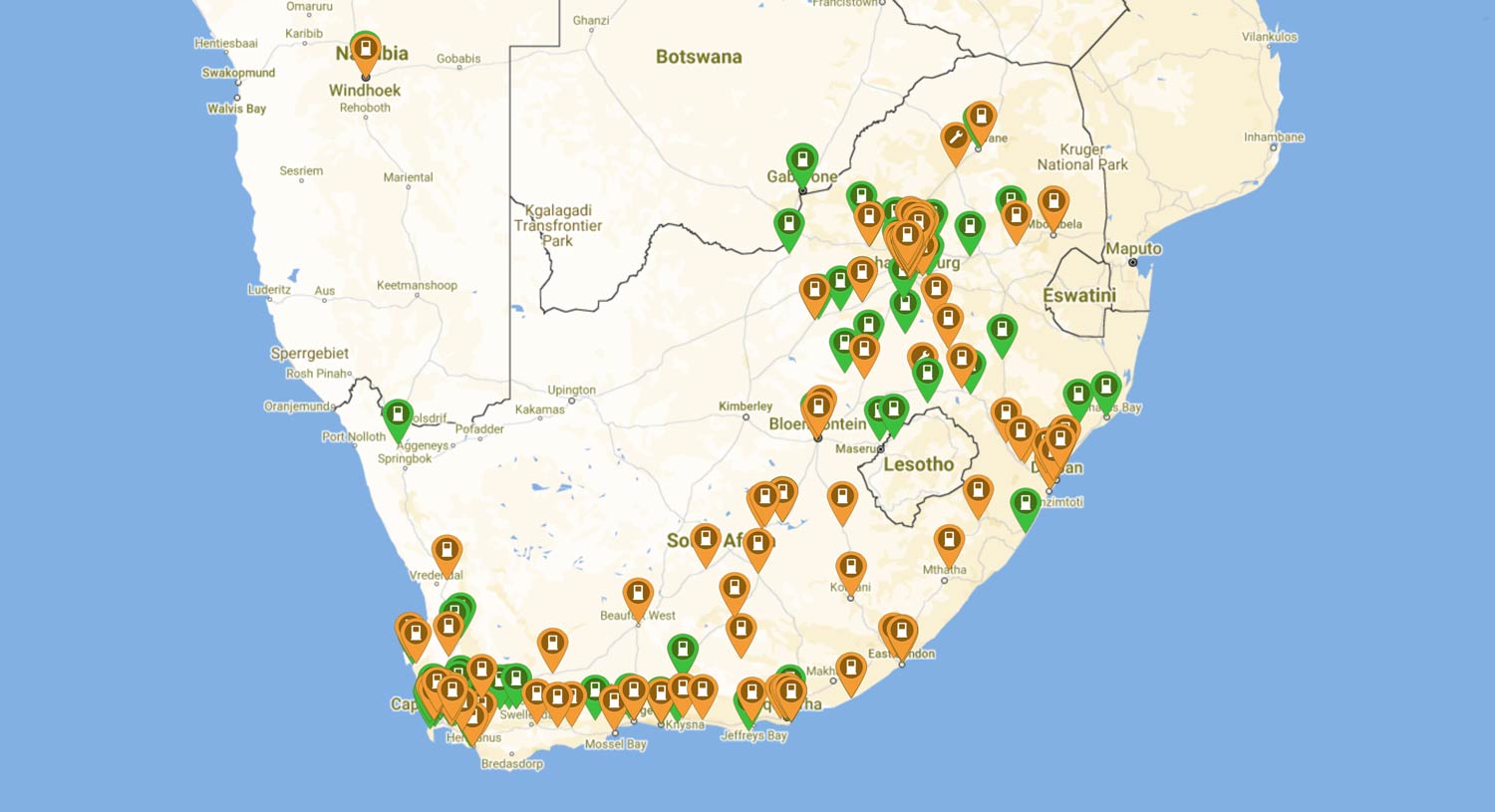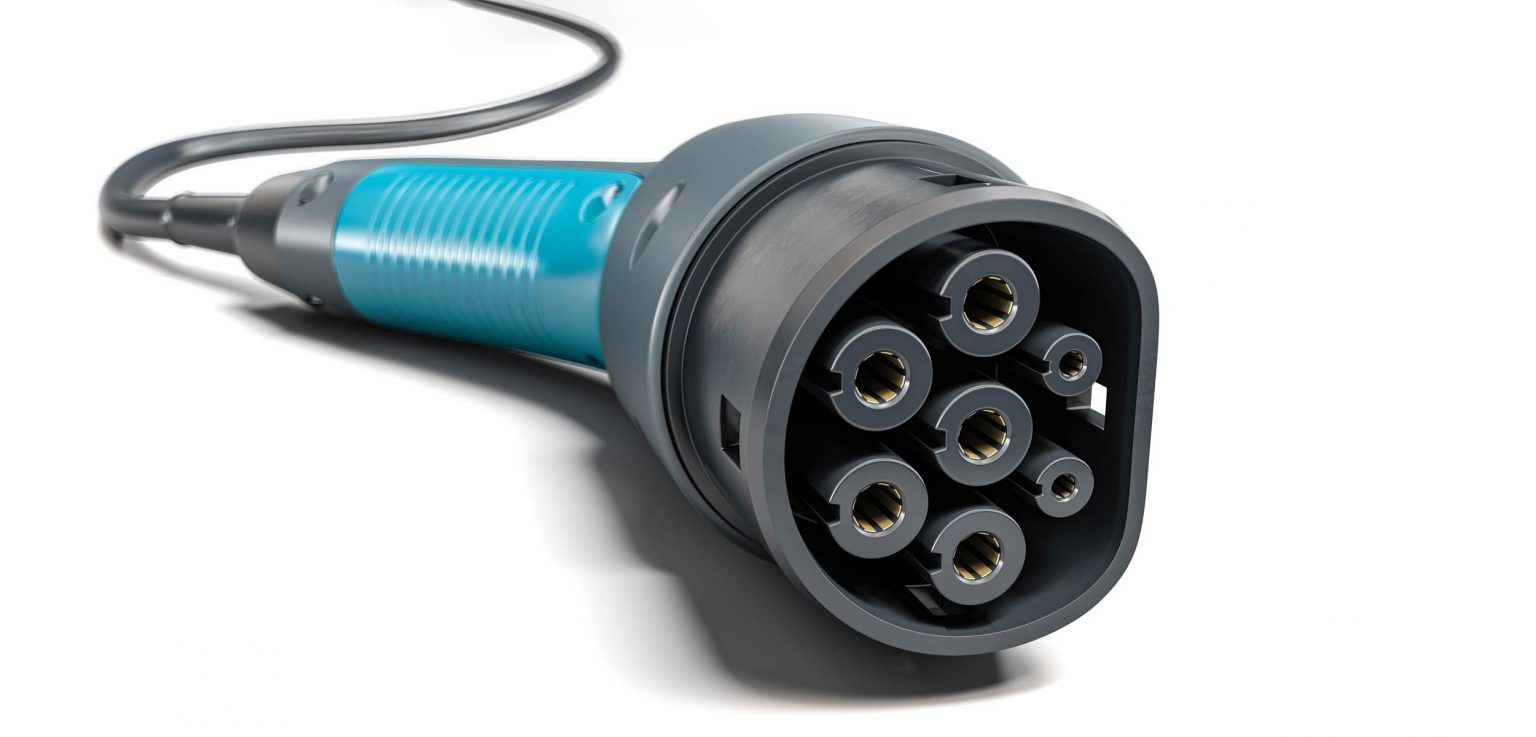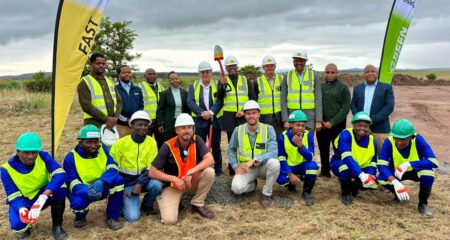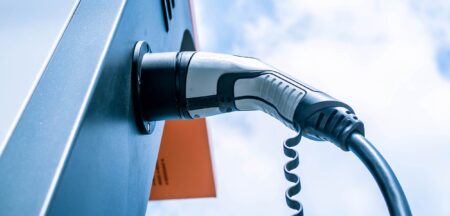South Africans are warming to electric cars, with the number of EVs on sale expanding rapidly. Many vehicle manufacturers have revealed plans to add new EV models this year, which bodes well for further local adoption.
Underpinning this growth is the parallel development of the infrastructure that supports the everyday use of electric vehicles: charging stations. According to global charging station finder app PlugShare, there are just under 400 publicly available charging stations in South Africa – from zero (or close to it) just 15 years ago.
GridCars is one of South Africa’s leading charging point service providers – and the oldest. Registered in 2009, GridCars started life as an automotive manufacturer but quickly pivoted into charging infrastructure when it realised there was a market gap waiting to be exploited.
GridCars began its EV charging station roll-out in earnest in 2014 and now has a network of around 100 publicly accessible charging stations across South Africa, said CEO Winstone Jordaan in an interview this week with TechCentral. He said about 85% of these charging stations support DC (direct current) fast charging, while the rest utilise slower AC (alternating current) technology.
“Our first chargers went into the ground in late 2013 – a year before the first Nissan Leaf came to South Africa,” Jordaan told TechCentral in an interview earlier this week.
“By 2016, we could buy hardware cheaper than we could build it, so we focused more on deployment. By 2019, any EV with a 200km or greater range could drive from Johannesburg to Cape Town using our network,” he said.
‘Ecosystem’ view
Jordaan explained that as a pioneer in the charging infrastructure industry in South Africa, GridCars took a strategic, “ecosystem-focused” view of how it would develop its network. In more mature markets, he said, new players typically deploy charging stations based on the probability that a chosen site will be profitable. But GridCars chose to “open routes” so EV drivers could travel across the country, even though some of its more remote stations are used less frequently and are therefore less profitable (if they’re profitable at all).
“We see one or two cross-country road trips every day now,” he said. “There are just under 5 000 charge sessions per month on the public network. If we include the home-charging stations, then we can estimate that at least 3.5 million kilometers are driven in electric cars in South Africa every month.”
Read: All the electric cars for sale in South Africa in 2025 – with prices
With 110 publicly available charging stations in its network, Rubicon – led by CEO Greg Blandford – is another frontrunner in the race to deploy charging infrastructure across the country. Like GridCars, Rubicon’s journey didn’t start in charging infrastructure. In fact, the company has been involved in South Africa’s automotive industry for almost 40 years, supplying “original equipment manufacturers” (OEMs) such as BMW, Mercedes-Benz and Volkswagen with equipment used in the car-making process.

Following a decision to establish an electric mobility unit, Rubicon in 2022 began building charging stations for OEMs like Audi and BMW, with work on its own charging network commencing later that same year. Of the 110 chargers Rubicon has built nationwide, 80 are owned and operated by Rubicon.
According to Blandford, about half of Rubicon-managed charging stations support DC fast charging. The company aims to add another 150 charging stations to its network in the next few years.
That makes sense given that Rubicon data shows that the total number of charging sessions doubled in 2024 compared to the previous year, reflecting the growth in the number of EVs on South African roads.
“The hard part is finding the right place to maximise the number of cars that will use that station, so traffic flows and EV concentration are important factors,” said Blandford.
Rubicon charging stations are found at petrol station forecourts, hotel parking areas and shopping malls. According to Blandford, although fast-charging DC stations are often preferable, finding a site with sufficient electrical capacity can be a challenge, which is why malls – since they are engineered to handle this sort of electrical load – are one of the easiest places to add DC fast chargers.
Both GridCars and Rubicon report that charging station growth is high in the private sector, especially in the logistics sector where companies investing in electric mobility are adding charging capacity to their overnight parking facilities.
Off-grid stations
Some hotels and Airbnbs also add their own charging stations for guests (so-called “destination chargers”), and these are not always included in apps like PlugShare.
Other operators, like Charge (formerly known as Zero Carbon Charge) – whose charging stations use solar power without any connection to the grid – still have a small footprint. But Charge, which recently launched its first off-grid site near Wolmaransstad (halfway between Johannesburg and Kimberley), has plans to build a national network of off-grid stations.
Read: South Africa could still be a power player in EV manufacturing
According to the 2024 Electric Vehicles Market Intelligence Report by GreenCape, EV charging infrastructure will have to grow significantly to facilitate EV adoption for use cases that extend beyond private vehicle usage to other forms of e-mobility such as e-taxis and e-buses for public transport, as well as e-scooters and e-bikes for last-mile delivery to support the growing e-commerce industry. – © 2025 NewsCentral Media
Get breaking news from TechCentral on WhatsApp. Sign up here.
Don’t miss:
Watch | We visit South Africa’s first off-grid EV charging station





